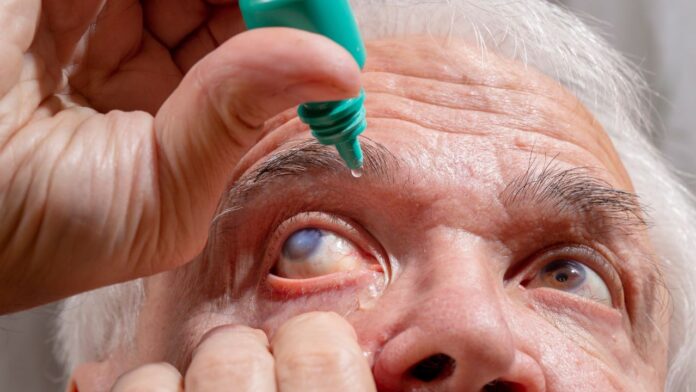Glaucoma ranks as the third leading cause of blindness in India, preceded only by cataracts and refractive errors. Currently, there are 11.9 million people living with glaucoma in India, with 1.2 million suffering from blindness due to this condition, which represents 5.5% of all cases of blindness in the country. This makes glaucoma one of the top causes of irreversible blindness in India. Despite over a decade of global efforts to raise awareness during Glaucoma Week, public understanding of this eye condition remains low across India.
Glaucoma can affect anyone, but certain individuals are at a higher risk. These include those aged 40 to 60 and older, those with a family history of the disease, and those with chronic conditions such as diabetes, cardiovascular disease, hypertension, myopia, or those who have used oral contraceptive pills for extended periods.
Managing glaucoma effectively involves a comprehensive approach that includes medical treatment, lifestyle modifications, control of risk-enhancing chronic conditions, and psychological support. Adherence to medical advice, maintaining a healthy lifestyle, and regular eye exams are crucial in slowing the disease’s progression and preserving vision. Lifestyle changes such as maintaining a healthy weight, controlling blood pressure, staying active, and avoiding smoking can significantly reduce the risk of vision loss from glaucoma.
Diet also plays a key role in protecting vision. Foods rich in antioxidants, vitamins A (particularly retinol), C, and E, and zinc, such as spinach and other leafy greens, are beneficial. Eating a variety of colorful foods, especially green and orange ones, is advisable for eye health. Additionally, omega-3 fatty acids are important for glaucoma patients as they help lower intraocular pressure (IOP), increase ocular blood flow, and enhance optic nerve protection.

 हिंदी
हिंदी






